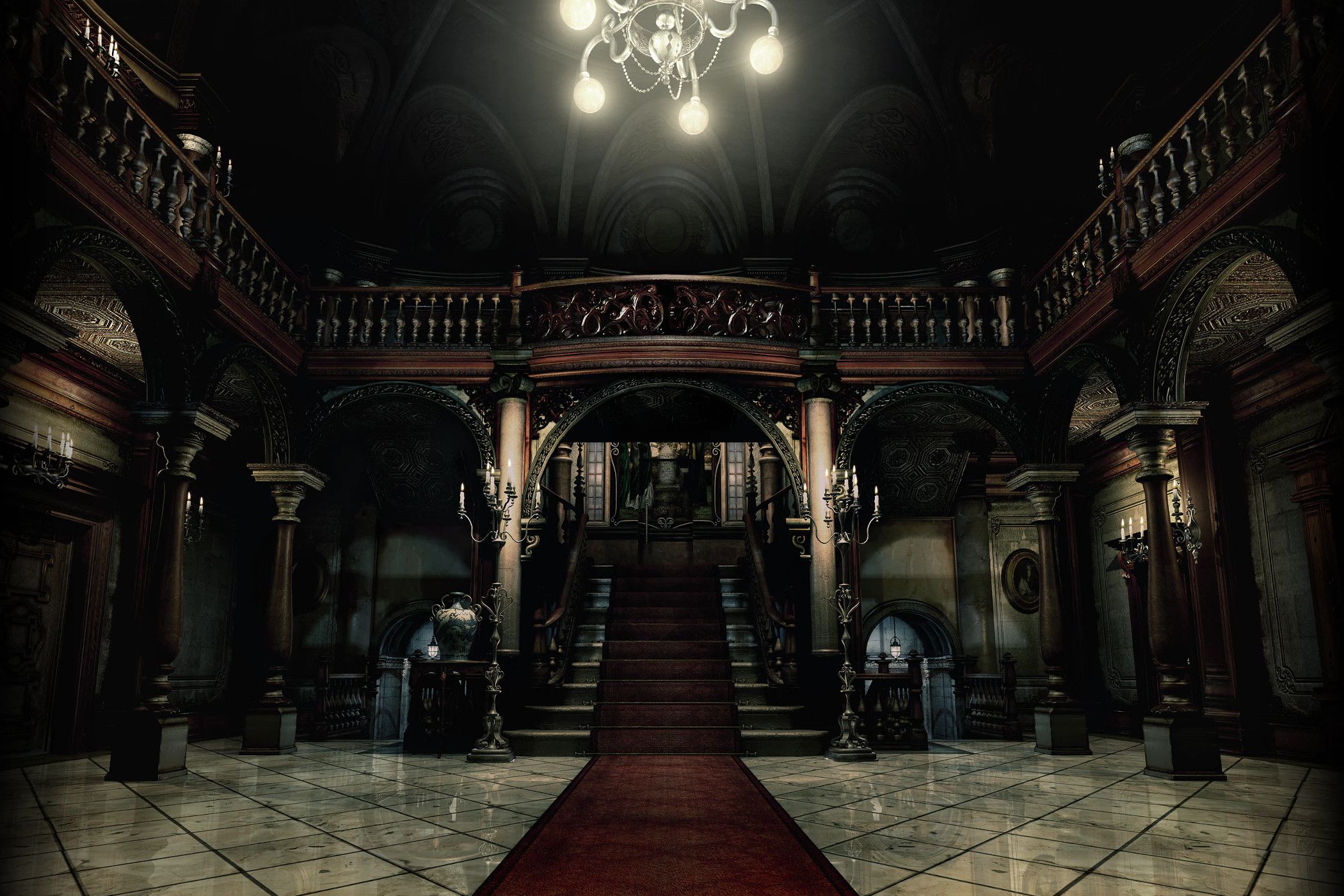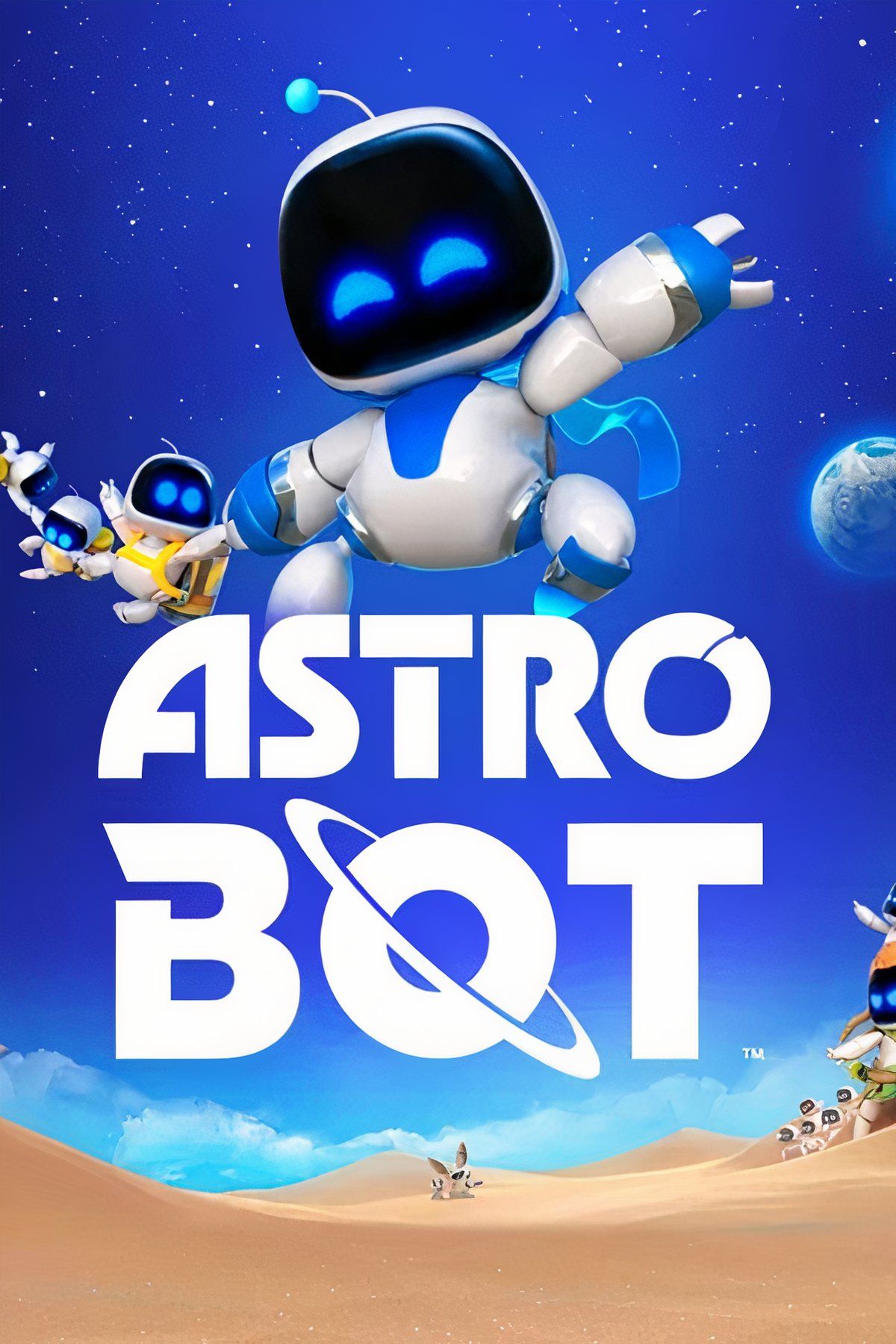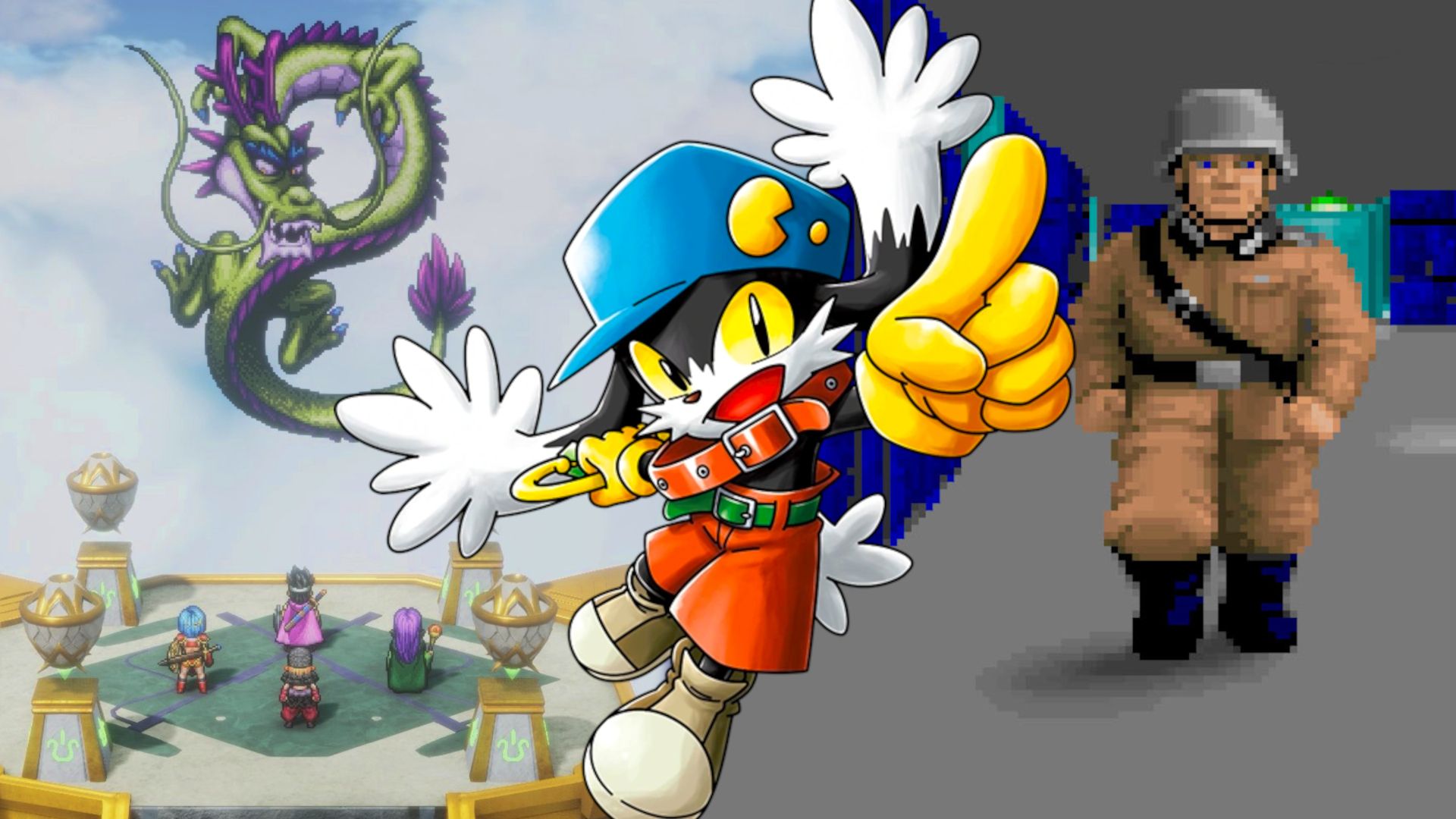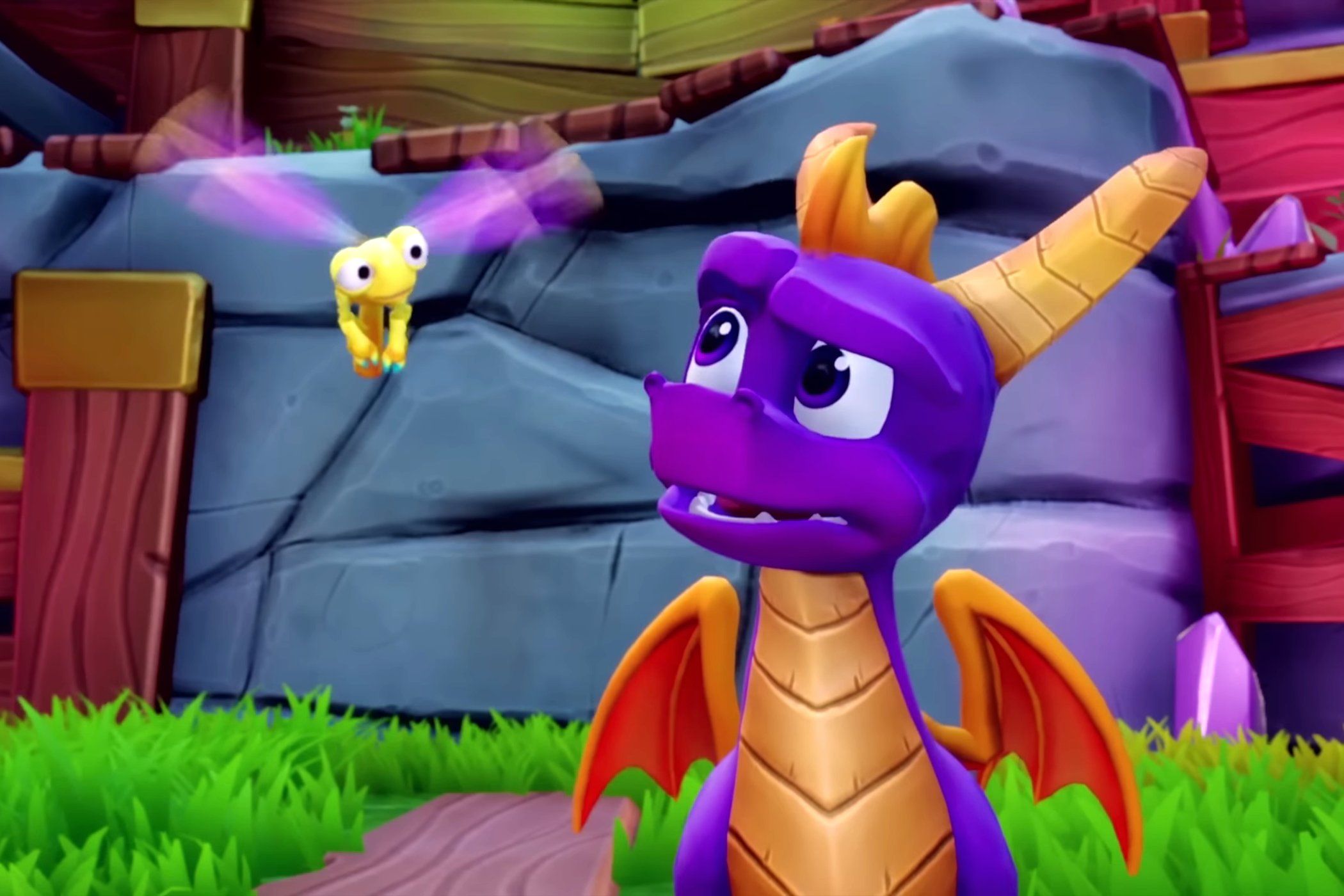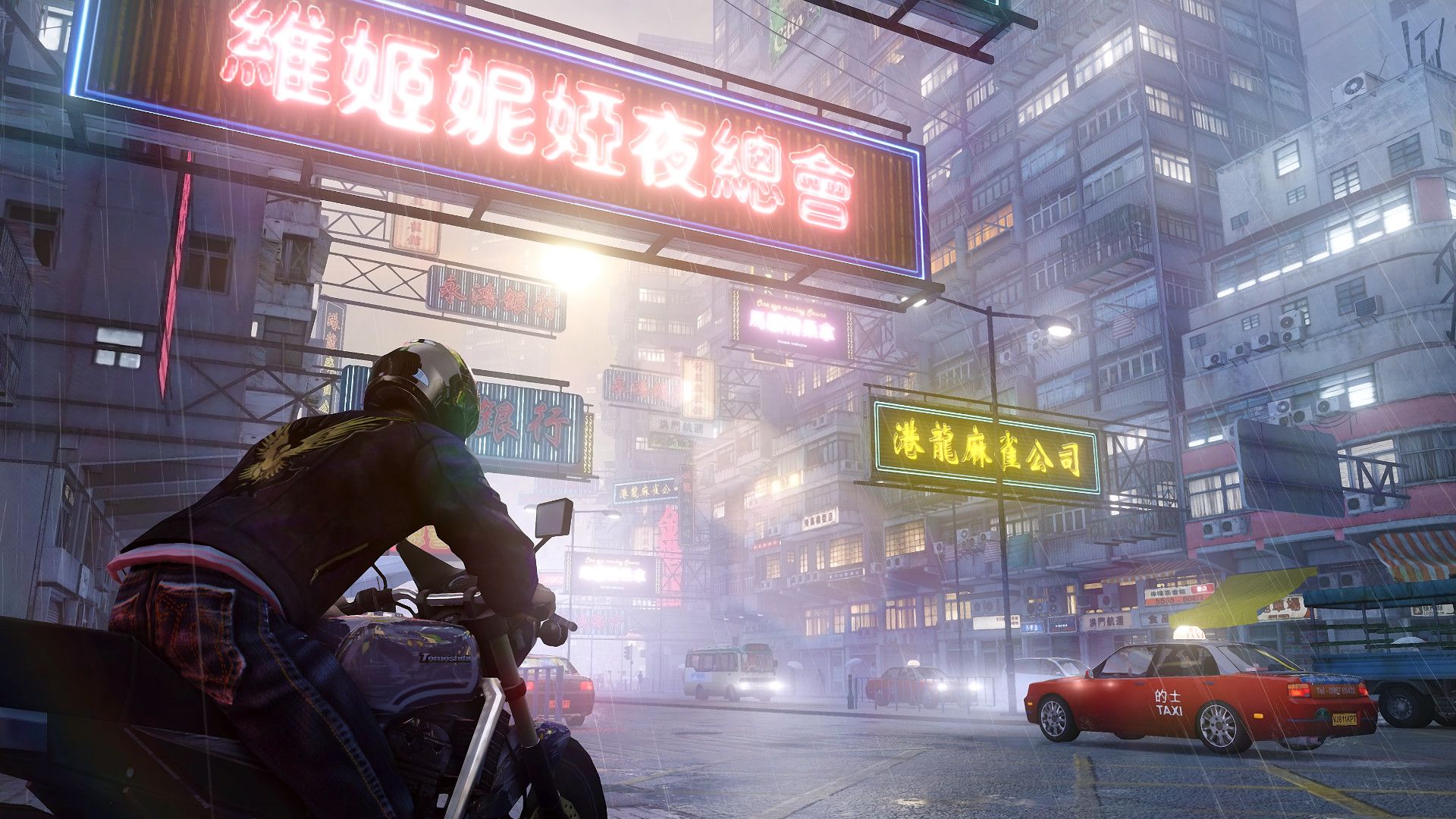The very first video game I ever played starred an anthropomorphized marsupial named Crash Bandicoot. The year was 1996. Having an Internet connection meant paying for AOL, and Disney didn’t own everything yet.
Crash was a simple fella who was upset that an evil scientist kidnapped his girlfriend. He traversed many lands, smashing crates and collecting gems in an effort to thwart Dr. Neo Cortex’s sinister plans. I still play the Crash games to this day (both the originals and remastered versions), but I wish I had more new platformers to sink my teeth into.
Platformers Used to Be Gaming Bread and Butter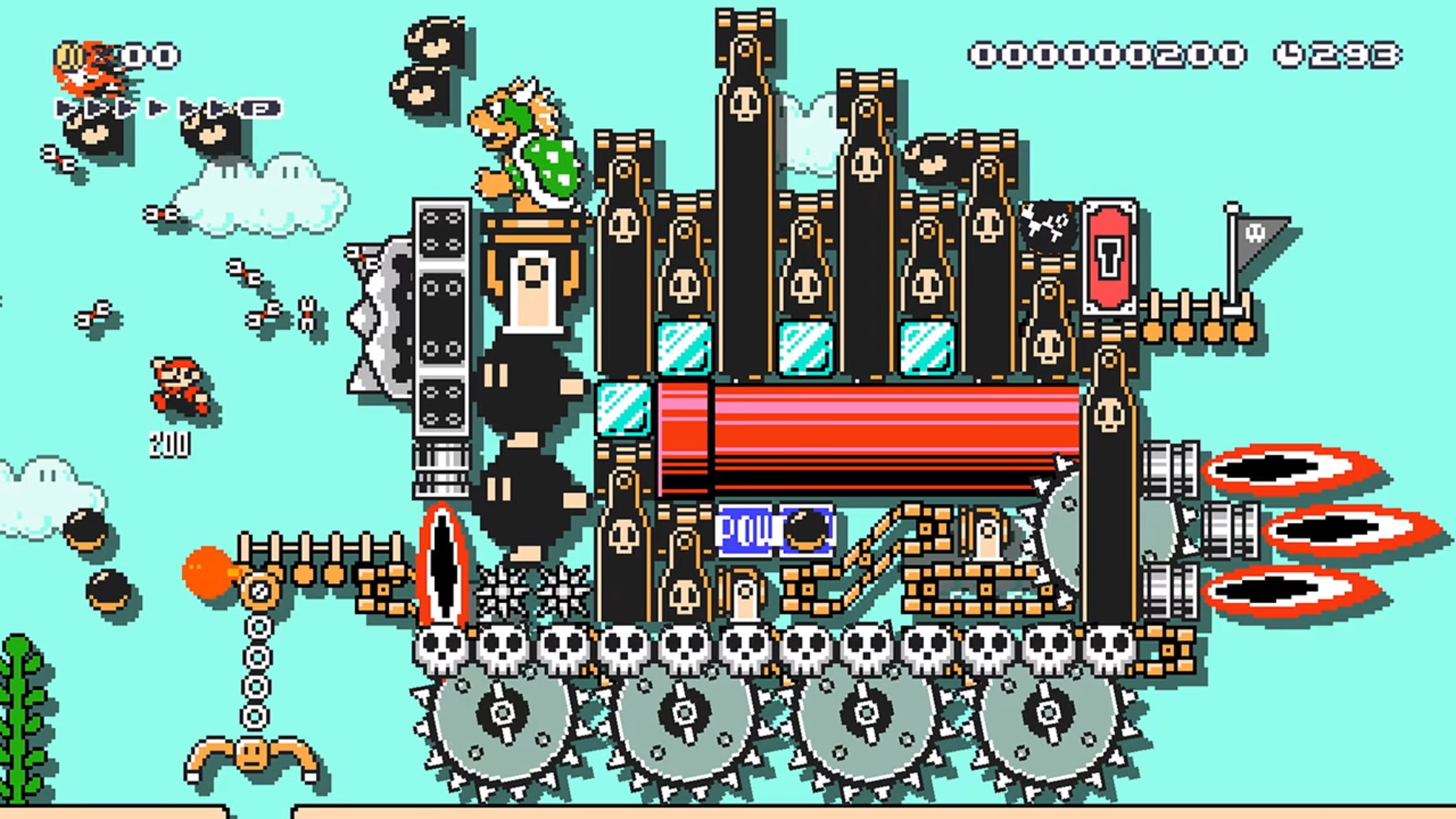
Don’t get me wrong: I wouldn’t want to live in a modern gaming world made up exclusively of platformers. But running, jumping, and dodging attacks are the core mechanics gaming was built on. Think Super Mario Bros., Donkey Kong, Mega Man, and Sonic the Hedgehog.
Back in the 80s and 90s, people loved these games and would go out of their way to play these titles both at home and in arcades. While this isn’t to say that these IPs and many others still don’t have boatloads of fans, the gaming world really started changing once consoles like the original PlayStation and the Nintendo 64 hit the market. I think a lot of the “why” is down to the fact that thanks to the processing and graphical power these systems introduced, games could just be bigger.
This opened the doors for titles like Crash Bandicoot and Super Mario 64. Yes, these are still platformers, but not in the traditional sense. Levels and hub worlds became larger and more detailed, as did character designs, controls, and even save systems. Classic 2D platforming didn’t have a ton of frills, and gamers accepted this wholeheartedly (for the most part).
Have you ever read the children’s book If You Give a Mouse a Cookie? Once Sony, Nintendo, and eventually Microsoft decided to give gamers bigger and better consoles, they wanted bigger and better games to play.
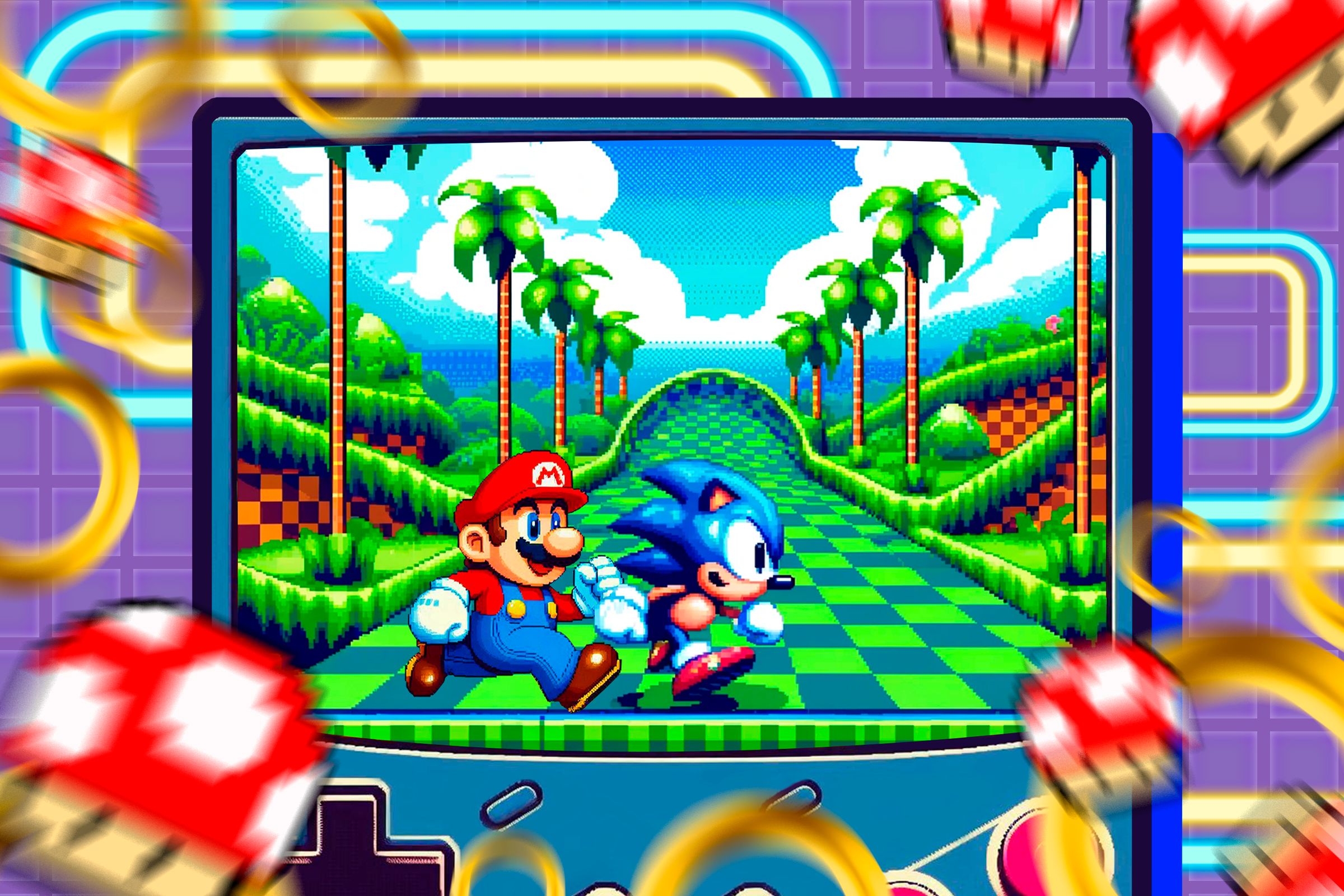
Related
3D Games Were Seen as the Future, Now 2D Games are Making a Comeback
Gaming’s greatest franchises are returning to their roots.
Gaming and Gamers Got Deeper
I was only four years old when Crash Bandicoot first graced my TV screen. But by 1996, the gamers who were arcade champs in the 80s were well on their way into gross, unrelenting adulthood. They had to get jobs and pay bills. Some probably even talked about taxes. All I had to be concerned with was a bedtime and whether mom or dad was making the mac ‘n cheese (dad’s was good, mom’s was not).
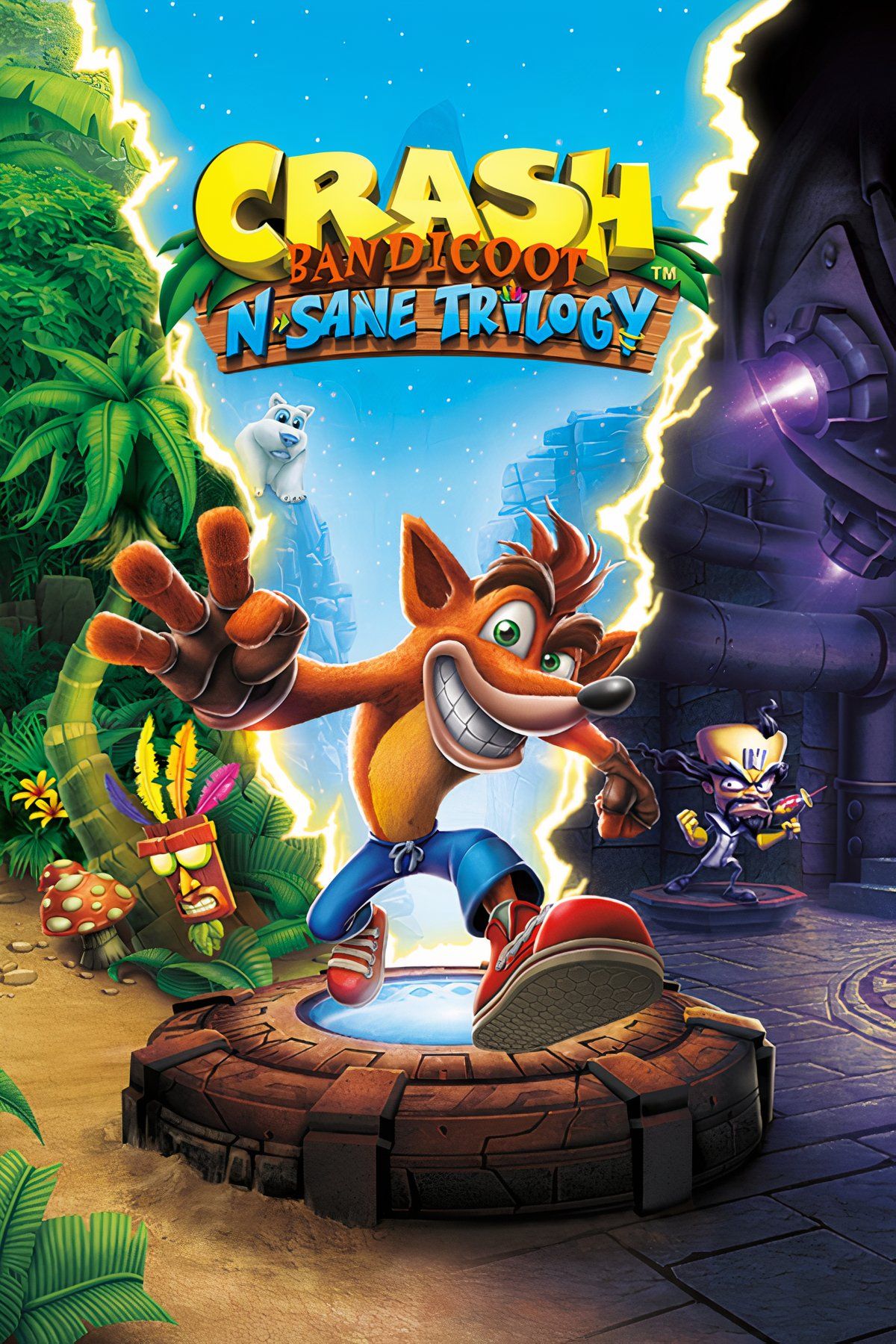
Crash Bandicoot N. Sane Trilogy
- Released
-
June 30, 2017
- ESRB
-
E10+ For Everyone 10+ due to Cartoon Violence, Comic Mischief
- Developer(s)
-
Vicarious Visions
- Publisher(s)
-
Activision
The arcade crowd evolved right alongside consoles and games as a whole. When titles like Metal Gear Solid and Final Fantasy VII hit shelves in the 90s, O.G. gamers learned that gaming could get just as deep as real life, man.
Simple character sprites were also evolving into more complex polygonal models that could emote via numerous animations. This, combined with story, dialog, score, and mechanic evolution allowed games to feel more cinematic and characters more relatable. Some games even threw in the occasional full-motion video or FMV for short (think the opening of the original Resident Evil), so gamers were literally watching short films baked into video games.
Not to mention the push and pull of expanding genres and graphics. As mentioned, the advent of 3D gaming allowed for deeper world-building, but it also paved the way for new types of games entirely, such as the FPS, RPG, and survival horror genres. And once an Internet connection became a critical part of the multiplayer experience (Xbox Live in the early aughts), gamers started craving even bigger games that were designed around entire communities of online players.
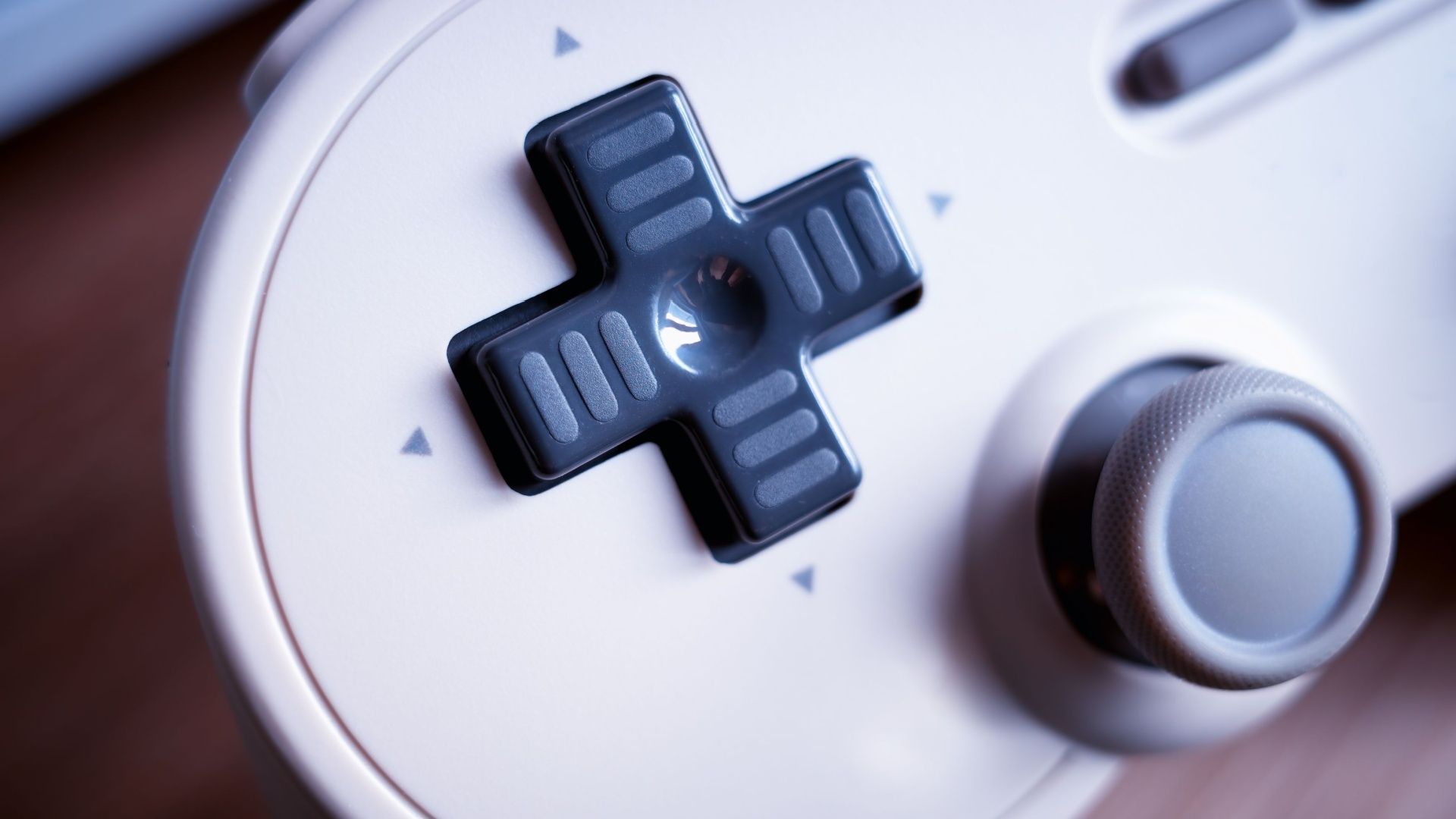
Related
10 Types of Games You Should Play With Your D-Pad Instead of an Analog Stick
Let’s go in the right direction, shall we?
A Little Robot Proved People Still Care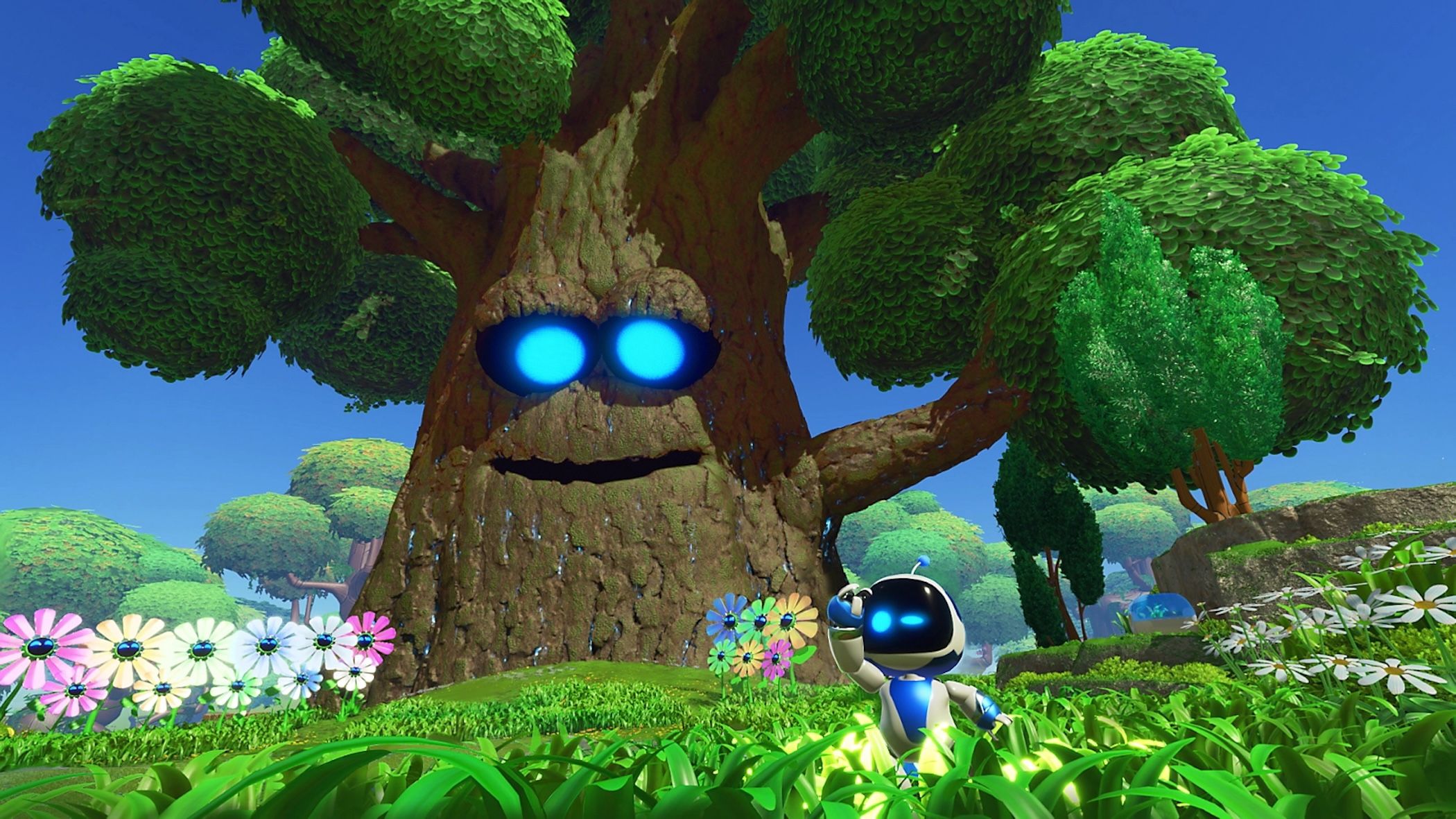
The way I’m writing makes it sound like platformers were doomed to a hell from which they would never return. That’s simply not the case. As a matter of fact, games like Tomb Raider, Spyro the Dragon, and Banjo-Kazooie were big hits in the mid-to-late 90s and early aughts. Leaning on the strengths of 3D gaming, these franchises favored the action-adventure label over the platformer descriptor, but the running and jumping fundamentals of the original genre were very much present and accounted for.
But game genres, consoles, and players kept evolving. Now and then, we’d get a one-off platforming effort that appealed to enthusiasts (games like Psychonauts, Shovel Knight, and Yooka-Laylee), and some of the companies that gave the genre its first gusto still paid homage to classic platforming DNA for later IPs (the developers of Crash Bandicoot went on to produce the Jak, Uncharted, and The Last of Us series, all of which feature light to moderate platforming).
Then something pretty cool happened that I’m willing to bet not a lot of people were expecting: a PS5 game called Astro Bot was released on September 6, 2024. Billed as a true-blue platform title, Astro Bot would go on to win numerous Game of the Year awards. And this was a game about a cute little robot that beeped and booped his way around colorful animated worlds, collecting coins, puzzle pieces, other Bots, and beating up on the occasional boss (sound familiar?).
There are even several in-game callbacks to legacy IPs, including Crash Bandicoot. You know, it’s almost like Sony had the genius idea of leaning into the nostalgia those adult gamers with responsibilities and taxes may have been sorely lacking at this point in their lives…
What Do Modern Platforming Fans Want?
So, where does that leave us now? On the surface, it almost seems like a fluke: How could a “back to the roots” platformer like Astro Bot garner such prestige in the modern age? Does this mean we’re going to start seeing more platformers in the gaming mainstream? Perhaps not.
You see, I don’t want platformers to start getting as deep and cinematic as the grittier, more adult games I also enjoy playing. Astro Bot struck the perfect balance of cuteness, immersion, and pure fun, and I don’t think this is a feat that should be churned out. It’s awesome for the genre to have had such a big victory, but I’m totally okay with living in a world where collect-a-thon platformers co-exist with sprawling open-world RPGs, intense FPS titles, and nail-biting survival horror.
I also love to go digging for the diamonds in the rough. I’ll gladly sift through a slew of indie releases to find the one or two unique platforming titles I can really connect with versus waiting for another Mario entry that does the ole’ rinse-repeat-make-money.
I’m also the kind of guy who turns the other way when anyone tells me something is cool, and I need to check it out. I’m like the anti-hype-train, and this locomotive of miserly disregard chugs all day and night! This is part of the reason I so often stick to the games I played as a kid. Half the time, no one else is playing them, which I guess makes me feel special.
Me and Crash Will Be Just Fine
That last bit might make it sound like I don’t want new and existing gamers to get into the platforming genre at all, which couldn’t be further from the truth. And if Astro Bot proved anything, it’s that more and more developers are going to take a stab at platforming, and I bet a lot of the results are going to be appealing.
As a fan of the platforming classics and a gamer in general, I want everyone to love what they love. But I also think it’s entertaining to throw around a bit of “back in my day” dialogue to get people thinking about the bigger picture. Okay, that’s enough now. It’s time for me to pick up my controller and cast four-letter expletives at a happy orange rat. (I never said I was good at Crash Bandicoot).
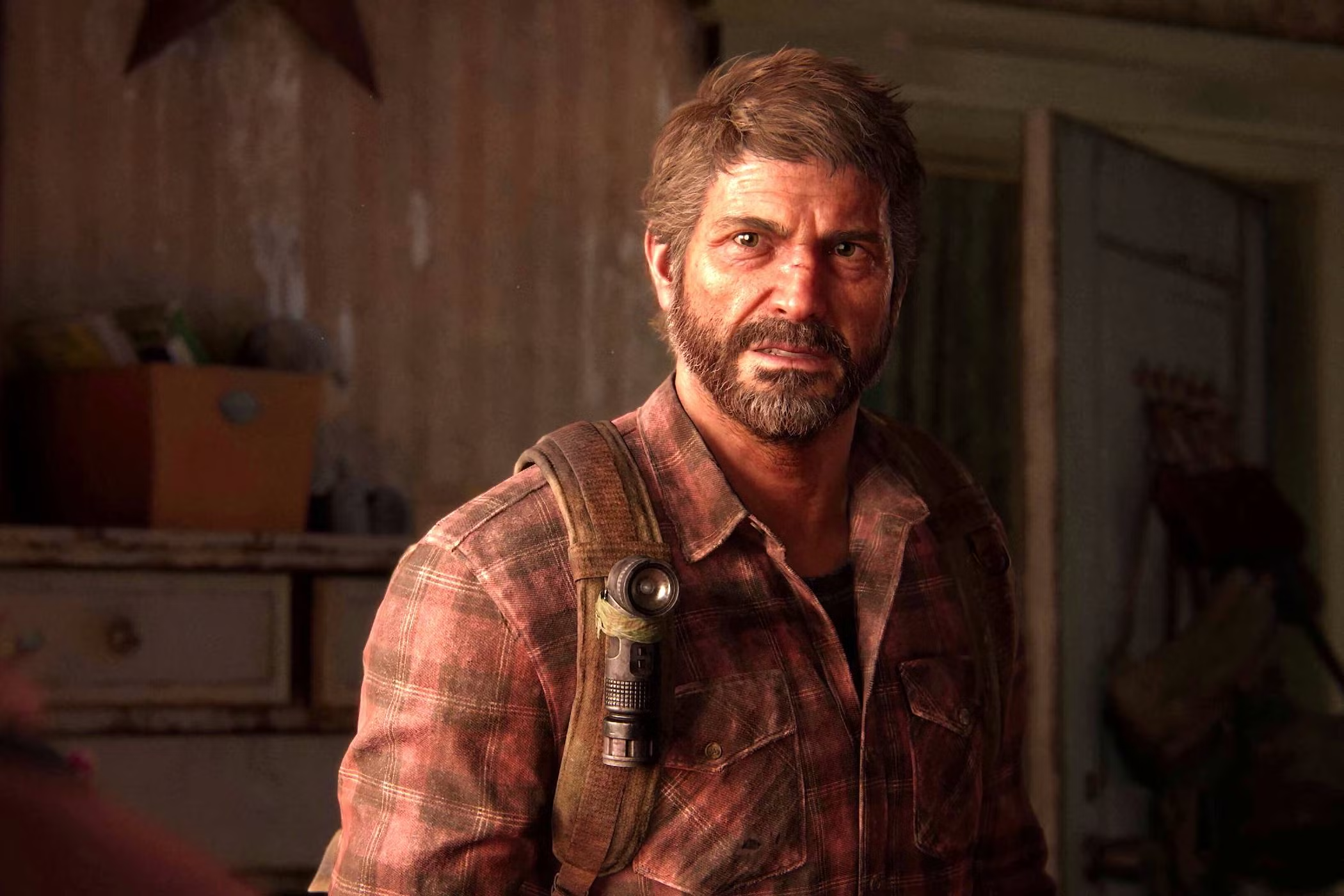
Related
Remasters and Remakes Are Good for Gamers, Here’s Why
Studios aren’t wrong for leaning on old games.

